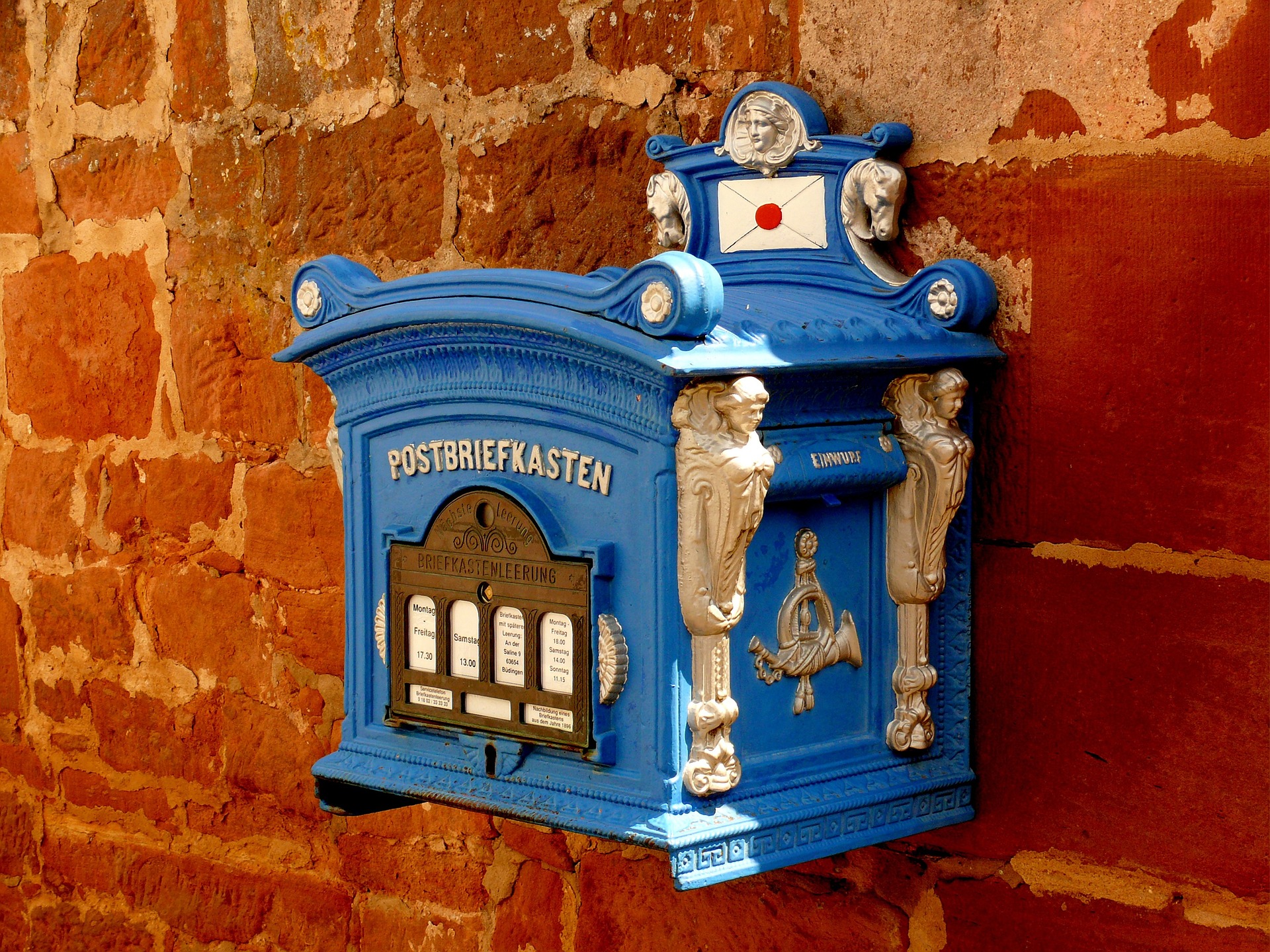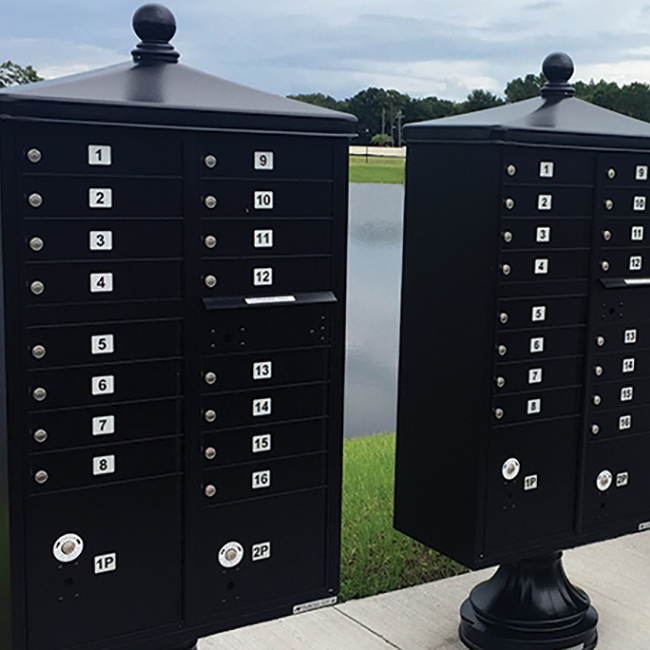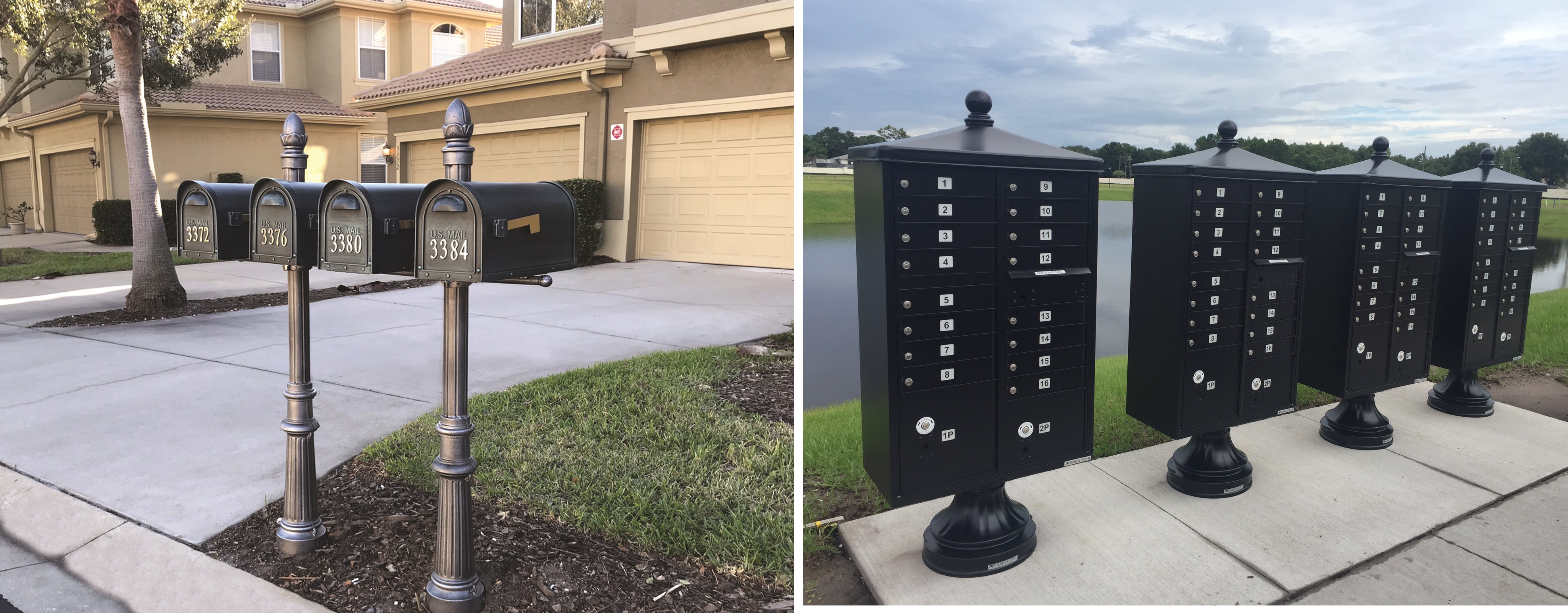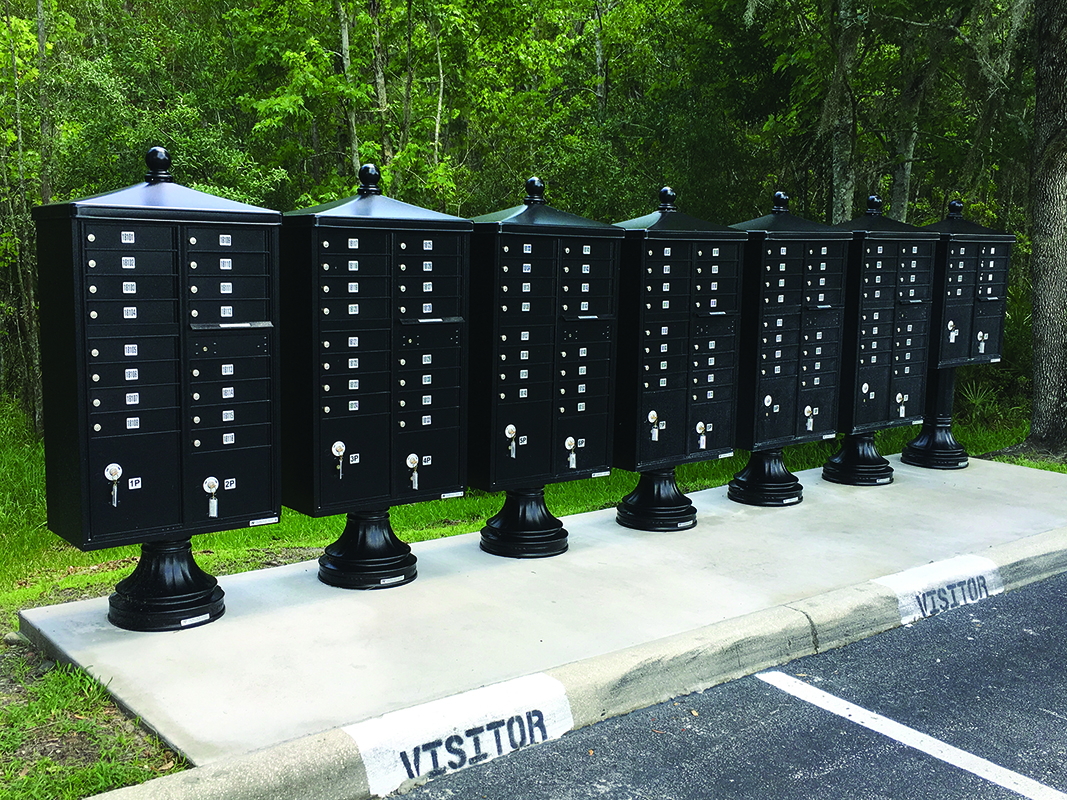Blog
HOA Mailbox Aesthetics
Monday September 15, 2025In many communities, mailboxes are more than functional—they set the tone for curb appeal. See how HOAs can balance style, durability, and compliance.
See How to Balance Beauty & ComplianceUSPS Parcel Locker Rules in 2025
Sunday September 07, 2025Parcel lockers are now essential for HOAs and developers. This guide explains counts, placement, and USPS rules. Parcel lockers aren’t optional anymore—they’re required for modern mail delivery. Learn how to plan counts, placement, and USPS compliance.
See the Parcel Locker GuideHOA Guidelines for Mailbox Aesthetics
Monday September 01, 2025Choosing mailboxes isn’t just about function. Here’s how HOAs can balance architectural beauty, community standards, and USPS compliance.
See the HOA Aesthetics GuideCluster Mailboxes vs. Individual Mailboxes: Which Saves More?
Monday August 25, 2025Individual mailboxes may look cheaper upfront, but CBUs save HOAs and developers more over time. Learn the true lifetime value of centralized cluster mailboxes compared to single-unit curbside boxes.
See the Cost ComparisonYear-Round CBU & Community Mailbox Care
Monday August 18, 2025Extend the life of your cluster mailboxes with year-round upkeep. Keep cluster mailboxes (CBUs), community mailboxes, and other multi-unit systems looking great and working securely with these HOA maintenance tips.
Get Mailbox Maintenance Tips





